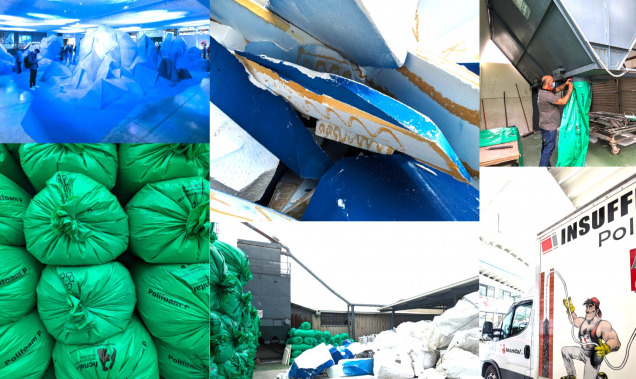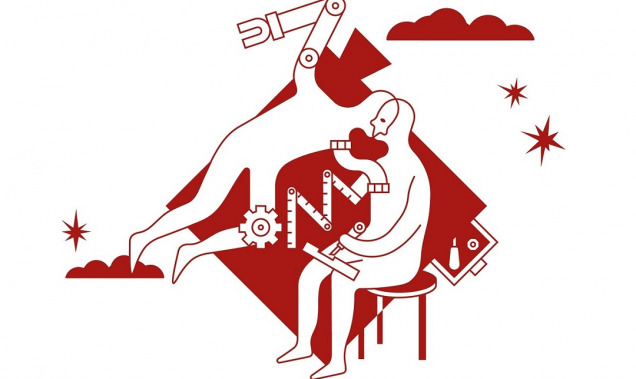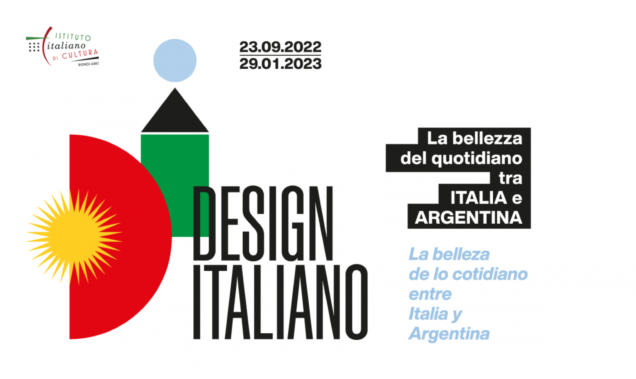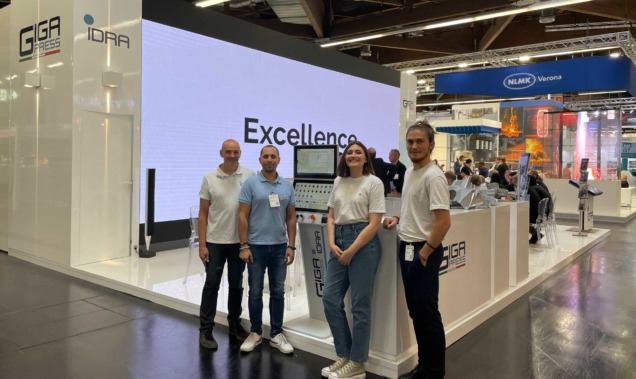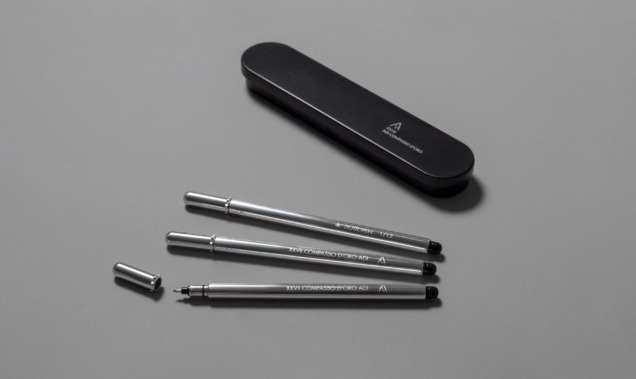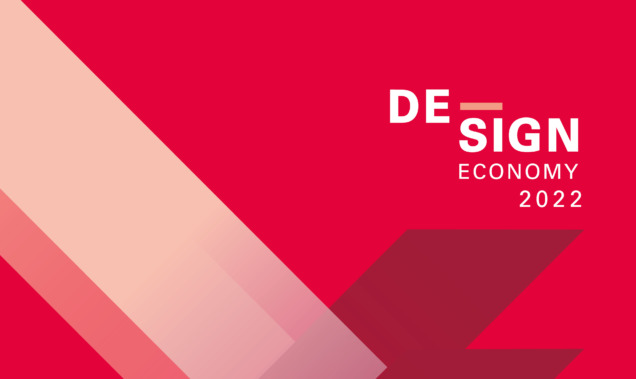Design Thinking for Industry 4.0 at Hannover Messe
We’ll be at Hannover Messe, in Germany, talking about how design services can impact the themes of the connected workforce and Industry 4.0. Will you be there? If so, pop by stand B74 in the Digital Factory, Hall 17 for a chat!
Human-centered design for the connected workforce
Computer-integrated manufacturing arose years ago, putting technology into the foreground. Attempts to establish unmanned, fully automated factories, however, have not yet been fully realized.
By contrast, the concept of Industry 4.0 is a way to respond to the need for the successful application of technology with human-centered automation. The aim is to put the human into a position where he or she can quickly make the right decisions on production and handle orders more efficiently through intelligently processed data.
Ergonomics deals with the systematic analysis, organization, and design of the technical, organizational and social conditions of working processes. Human-centered design, on the other hand, is targeted towards increasing the usability of interactive systems by concentrating on the application of the system and using knowledge and technologies from the fields of ergonomics and usability engineering.
The human-centered design approach expressly considers the identification of user context, the specification of user requirements, and the creation of design solutions, which are then evaluated through Lean methodologies.
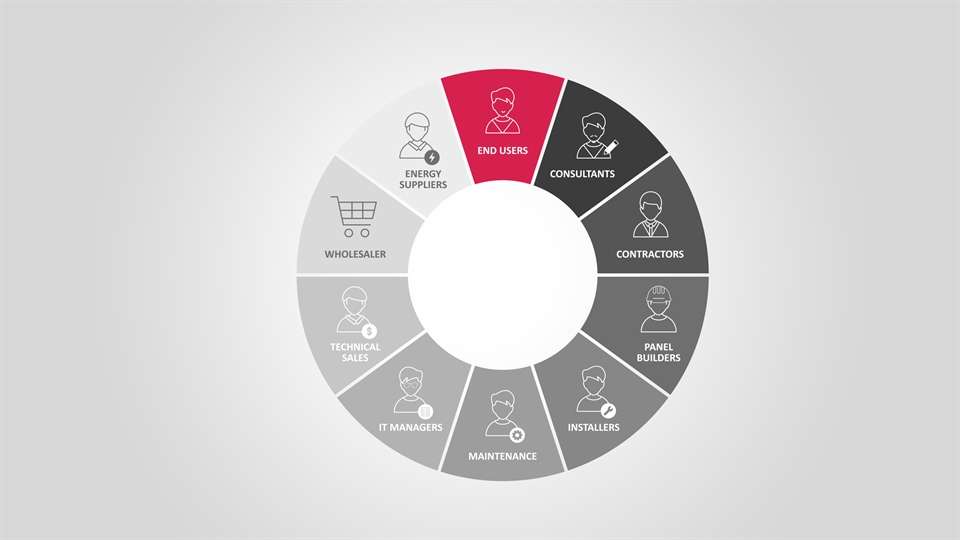
Design Thinking for Industry 4.0
Industry 4.0 is bringing disruption to many companies, impacting how customers are engaged, how technologies are employed, and how value is created. The design thinking methodology aims to guide companies to discover the key insights and define the correct courses of action when developing new innovative products and services.
Through design thinking, the correct balance of customer needs, technology enablers and business models is achieved, even under conditions of extreme uncertainty. Design thinking, however, is incomplete without Design Doing. Only by designing and building prototypes, and then testing them, can one truly understand the complexities of the fluid reality in which we operate today.
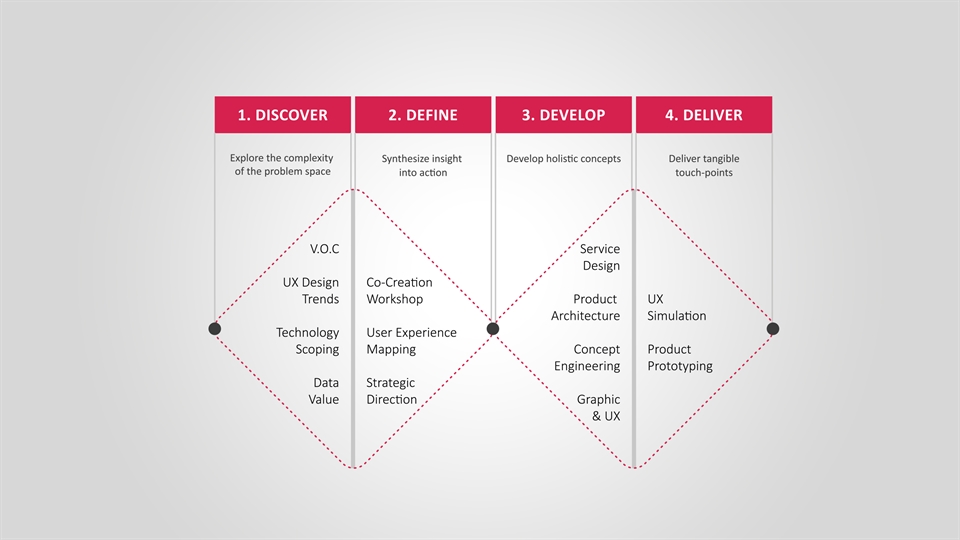
Bottom-up digital transformation
Bottom-up digital transformation starts from solving needs at the product and business unit levels in the company, rather than taking a top-down approach. Starting small and building quickly permits learning from customer feedback with minimal risk.
For this year’s Hannover Messe, we formed a partnership with JoinPad, an advanced augmented reality company, and Nebbiolo Technologies, a pioneer in fog computing applied to industrial automation. The end-to-end solution’s objective is to seamlessly integrate human-centered design with cutting-edge interface technology, supported by state-of-the-art industrial infrastructure. This is not the first time that we have collaborated – see our work with Nebbiolo here.
You’ll find us in the Digital Factory, Hall 17, Stand B74. We look forward to seeing you!
